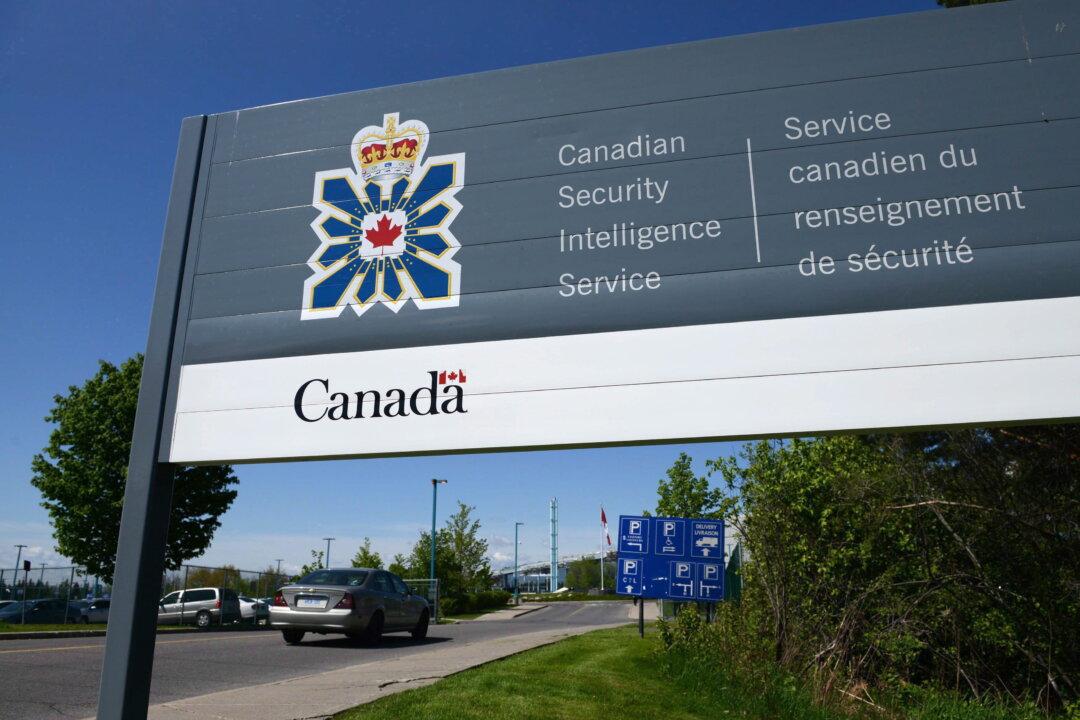The threat from foreign interference, with Beijing as the main culprit, has evolved to become more dangerous to the state than traditional espionage, a former executive with Canada’s spy agency told MPs.
“What we’ve seen, in the last 30 years, is that foreign interference has eclipsed classic espionage as a national security threat, both in terms of its scope and its speed,” said Dan Stanton, a 32-year veteran of the Canadian Security Intelligence Service (CSIS).





